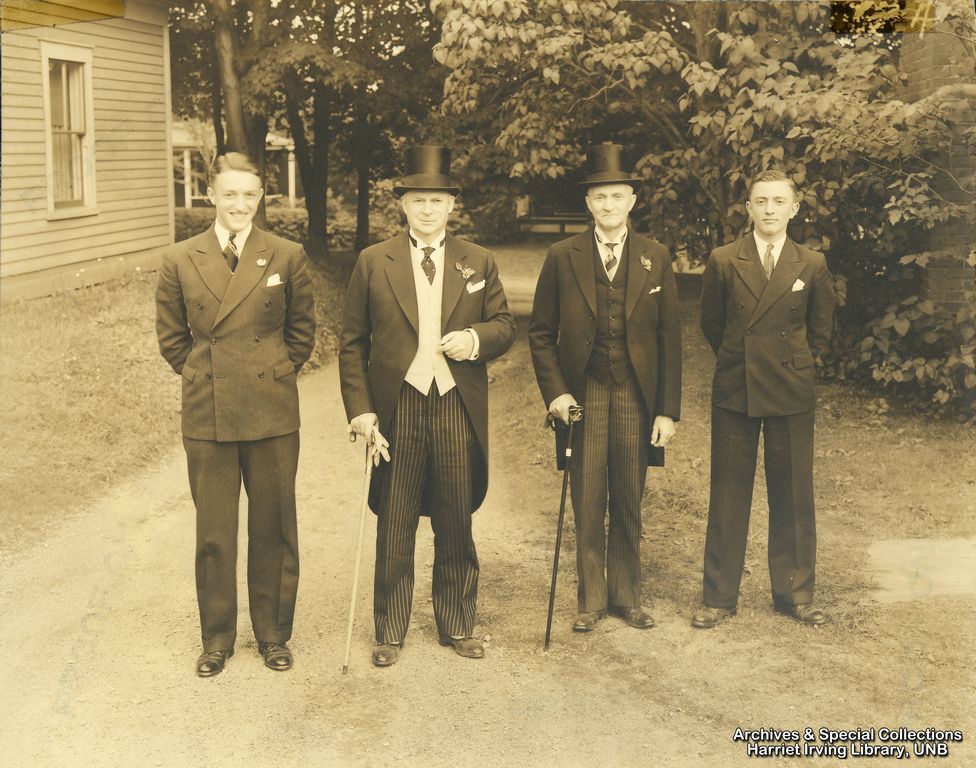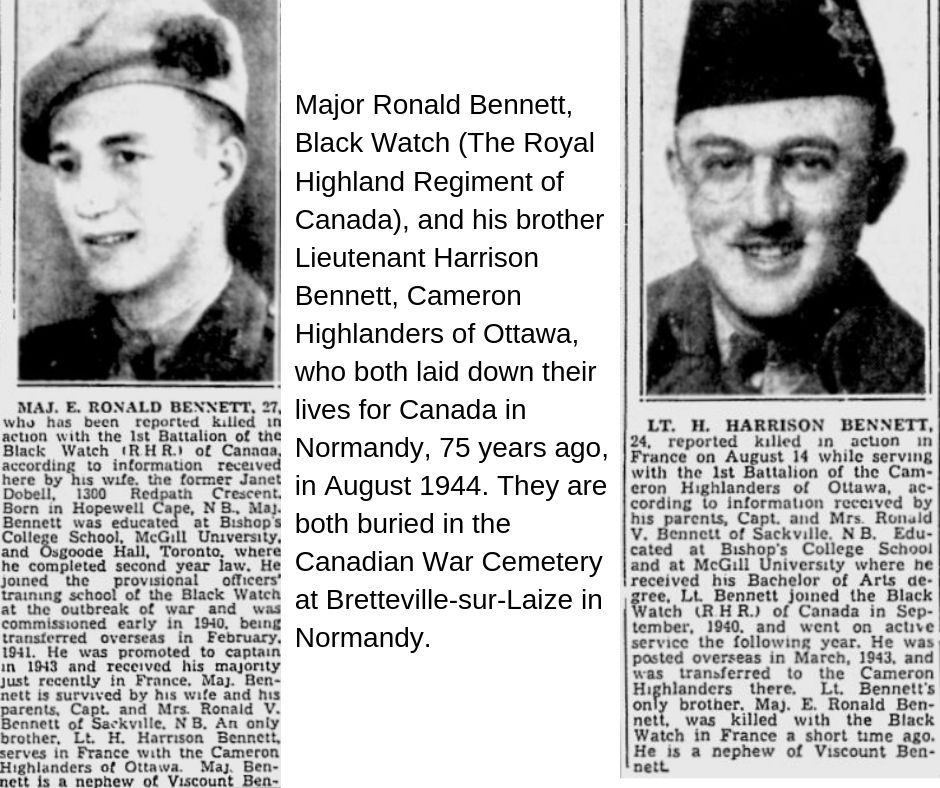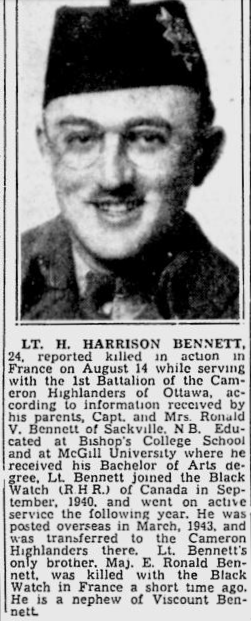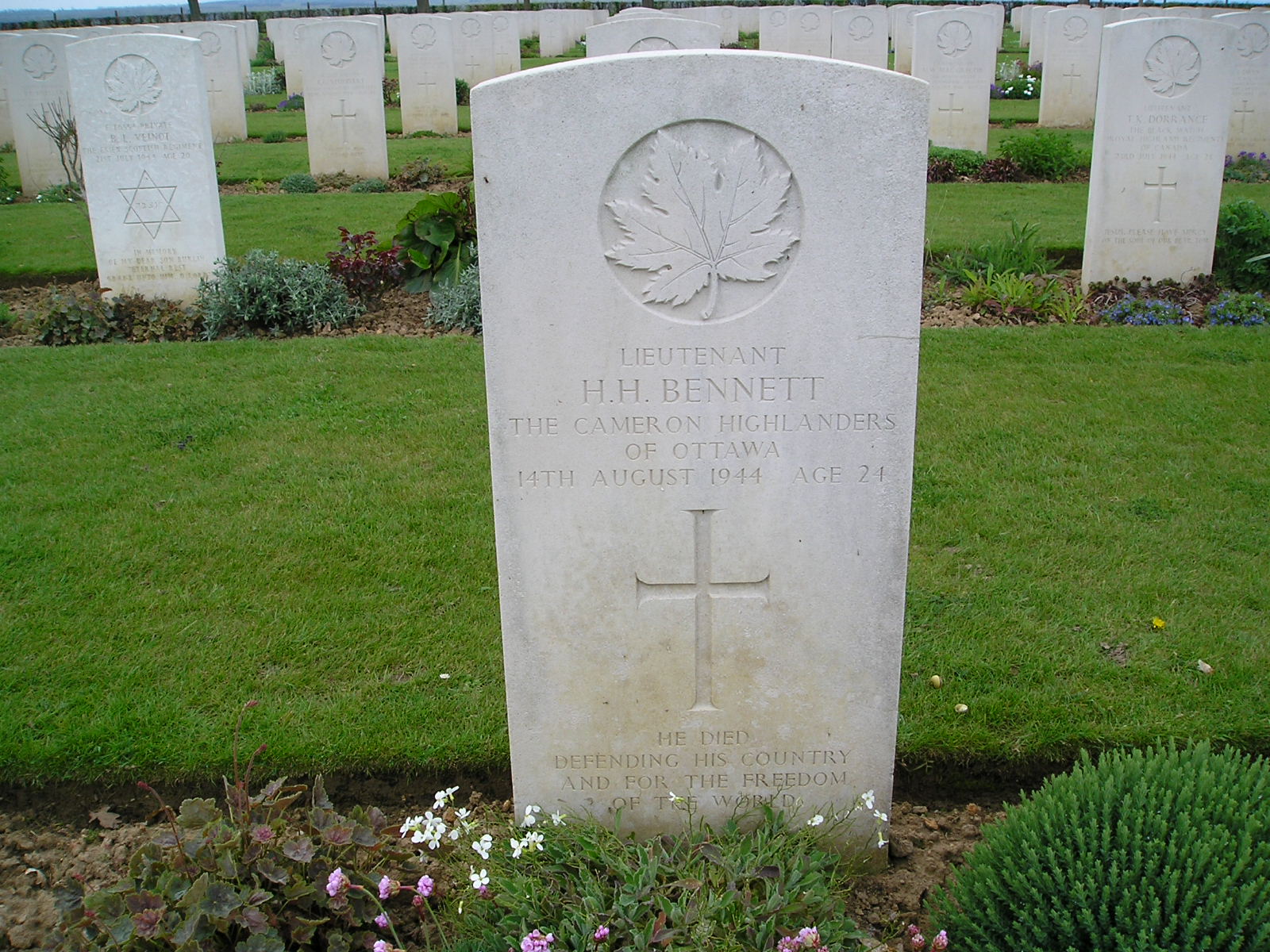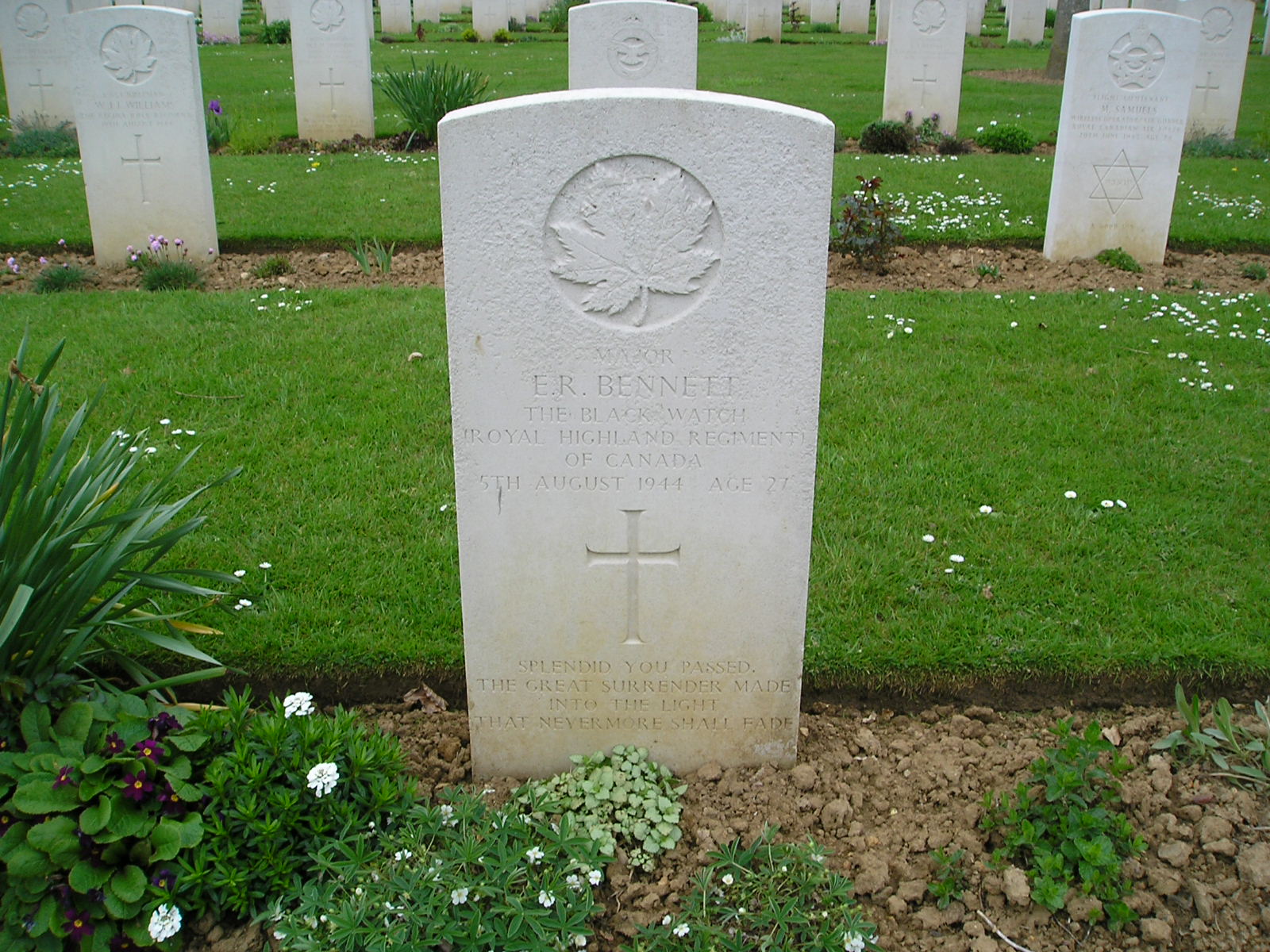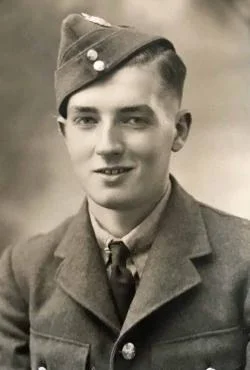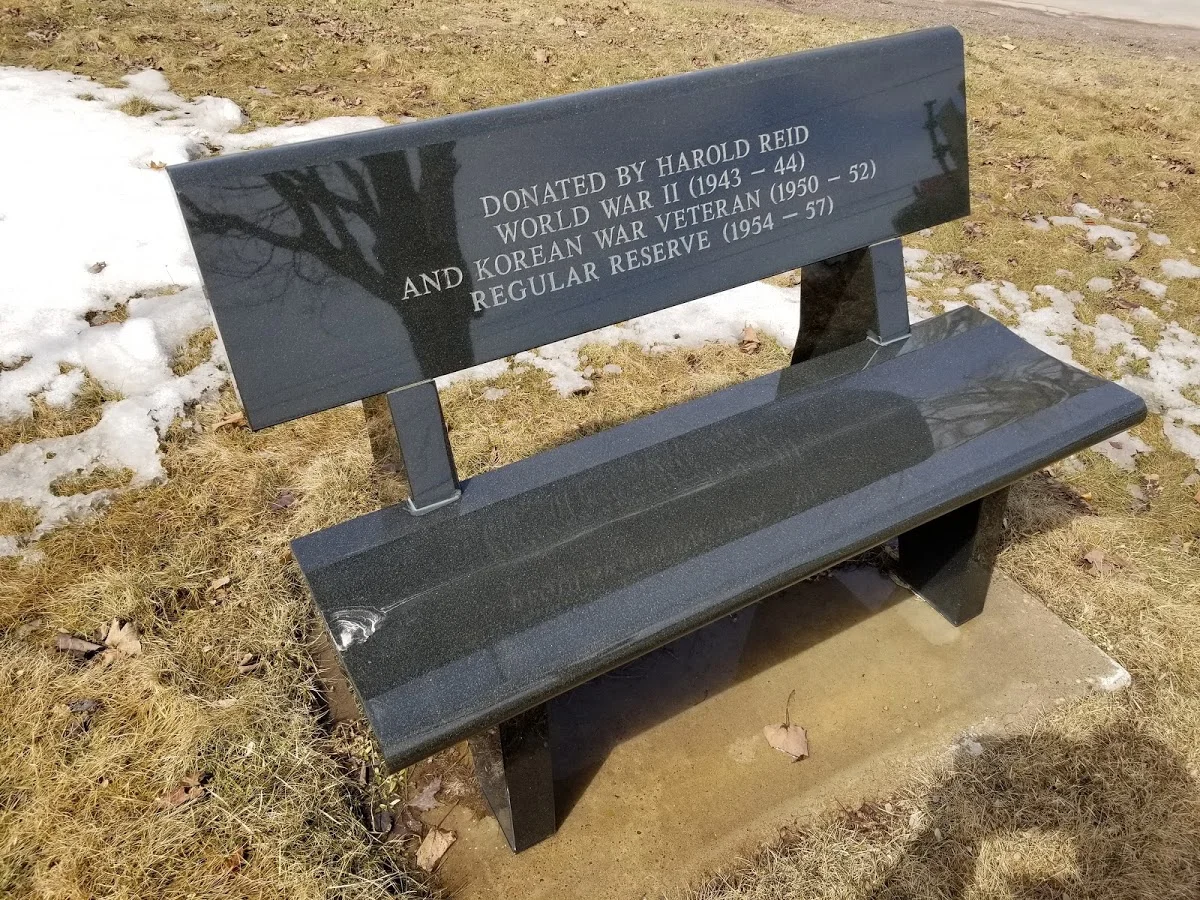Today marks the 75th anniversary of D-Day and the beginning of the Battle of Normandy during the Second World War. On June 6, 1944 and during the long summer that followed, men from all over the world came to fight in Normandy to defeat Nazism and re-establish freedom. D-Day would be the opening chapter of the Battle of Normandy which raged until late August 1944 and was a pivotal step in the liberation of Western Europe and the end of the war.
On June 6, 1944 soldiers from the United States, Great Britain, Belgium, Denmark, Holland, Norway, Poland and Australia, along with some 14,000 Canadian soldiers came ashore at the beaches of Normandy in occupied France. Thousands of Royal Canadian Navy and Royal Canadian Air Force service members also took part in Operation Overlord, as the massive Allied assault was code-named.
On D-Day, the 3rd Canadian Infantry Division landed on Juno Beach. The Canadian assault troops stormed ashore in the face of fierce opposition from German strongholds and mined beach obstacles. The soldiers raced across the wide-open beaches swept with machine gun fire, and stormed the gun positions. In fierce hand-to-hand fighting, they fought their way into the towns of Bernières, Courseulles and St. Aubin and then advanced inland, securing a critical bridgehead for the allied invasion. The victory was a turning point in World War II and led to the liberation of Europe and the defeat of Nazi Germany.
The price they paid was high - the battles for the beachhead cost 340 Canadian lives and another 574 wounded. John Keegan, eminent British historian who wrote Six Armies in Normandy, stated the following concerning the Canadian 3rd Division on D-Day: “At the end of the day, its forward elements stood deeper into France than those of any other division. The opposition the Canadians faced was stronger than that of any other beach save Omaha. That was an accomplishment in which the whole nation could take considerable pride.”
We currently do not have record of any Albert County men killed on D-day, a number however were killed during the Battle of Normandy, including two brothers born in Hopewell Cape. Major Ronald Bennett, Black Watch (The Royal Highland Regiment of Canada), and his brother Lieutenant Harrison Bennett, Cameron Highlanders of Ottawa, who both laid down their lives for Canada in Normandy, 75 years ago, in August 1944. They are both buried, about 10 rows apart, in the Canadian War Cemetery at Bretteville-sur-Laize in Normandy.
Major Edwin Ronald Bennett was mentioned in Despatches, 1st Bn., Black Watch (Royal Highland Regiment) of Canada. He was born in Hopewell Cape on May 4, 1917. He was killed in action on August 5, 1944 at the age of 27. He was the son of Capt. Ronald V. Bennett and Elva I. Bennett, of Sackville, New Brunswick. He was married to Dorothy Janet Bennett, of Montreal, PQ. They had no children.
Lieutenant Henry Harrison Bennett, Cameron Highlanders of Ottawa (Machine Gun), Canadian Infantry Corps was killed in action on August 14, 1944 at the age of 24. He was born in Hopewell Cape on February 10, 1920. He was the son of Capt. Ronald V. Bennett and Elva I. Bennett, of Sackville, New Brunswick.
They were the nephews of Prime Minster RB Bennett. RB Bennett was said to have been extremely proud of his nephews decision to serve in the Canadian Army, and was devastated to hear of their passing only weeks after visiting him at his home in Juniper Hill.

